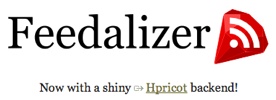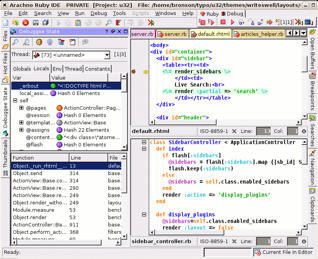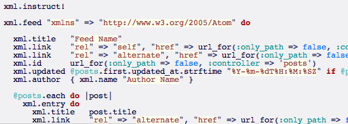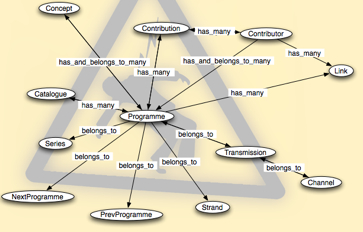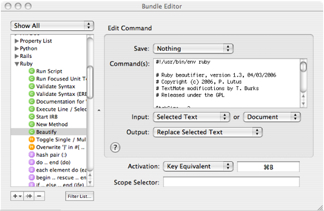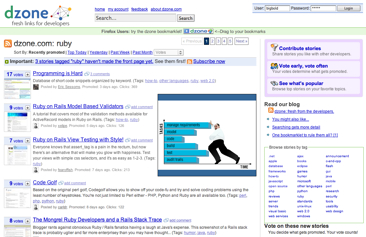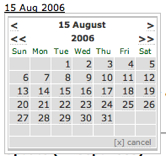
Authors and technical reviewers required!
Technical publishers Apress are busy working on what be the biggest line of Ruby and Rails books in the industry, and now that I’ve figured out how to self publish a book, my book Beginning Ruby is set to be one of the first to hit the shelves along with Beginning Ruby on Rails, Pro Ruby, and Beginning Ruby on Rails E-Commerce all by other great developers (Jarkko Laine is working on the e-commerce book, for instance).
Keir Thomas, an editor at Apress and responsible for the open-source web development line, has told me they’re looking for even more developers to get involved with their Ruby and Rails related offerings. Read More


